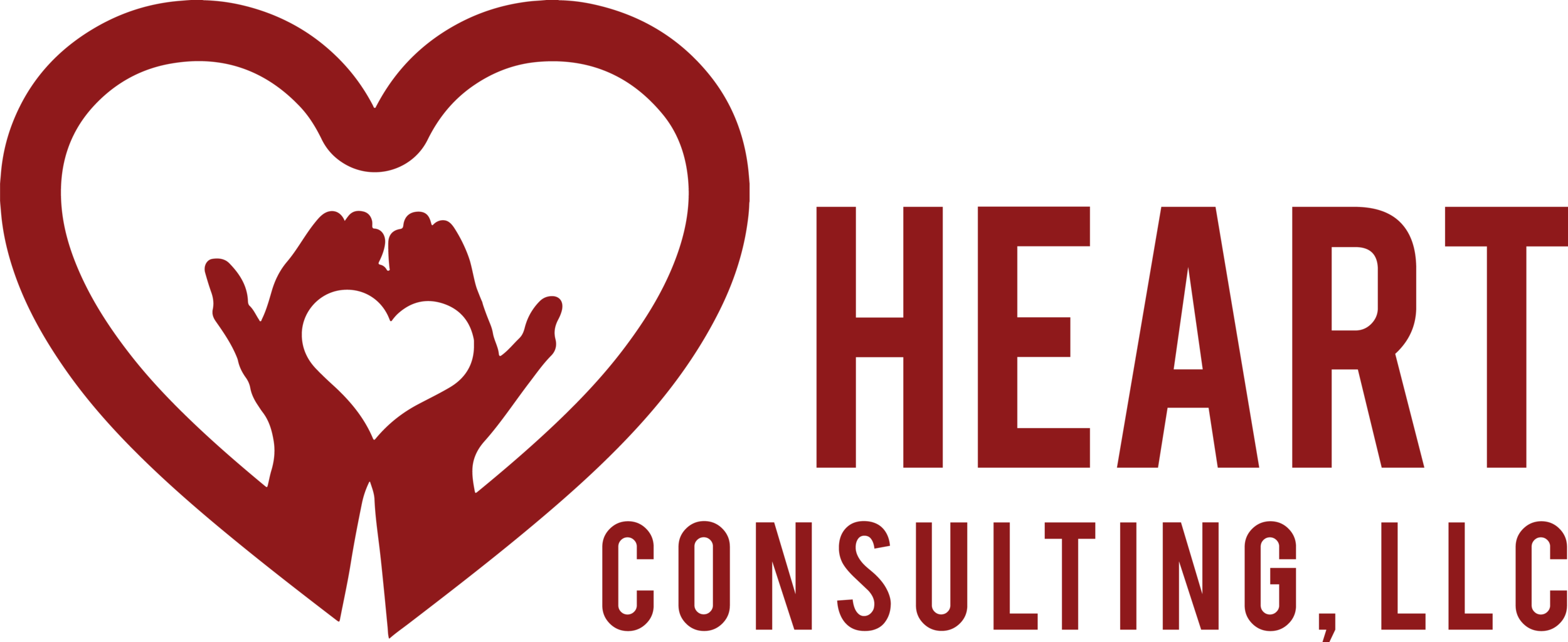How to Respond to Survivors
This week, I’m keeping things short. Not because the content isn’t valuable, but because I hope that it will make the information easier to remember.
Countless people are affected by domestic violence every year. Rates have only increased during the global pandemic, and we can’t ignore the fact that statistically, we probably all know at least one person who has been affected by interpersonal violence, either in the past or present. If that person chooses you to confide in, your response can have a huge impact on their mental and emotional wellbeing.
Stay calm. No matter how upsetting the situation is for you, it’s so much harder for the person sharing. Pay close attention to your body language and facial expressions.
Be mindful about your questions. You are not a detective, and it’s not your job to learn all the facts. Your job is to listen and provide support. If you feel compelled to ask anything, try, “Is there anything else you’d like to share?” or “How can I best support you moving forward?”
Share options, but don’t force your opinion. Telling someone what to do next, that they have to report their experience, or that they have to leave their partner won’t solve anything. They came to you when they needed someone most, and if you take away their power (just like their abuser), they’ll regret their decision to confide in you.
Thank them. Sharing about trauma is incredibly difficult. They’ve probably thought about sharing many times, but felt too scared, ashamed, embarrassed, etc. Today, they overcame all those feelings and decided to be vulnerable with you. Thank them for trusting you.
Remember to care for yourself, too. You’re not meant to carry someone else’s emotional load, but it’s difficult to deny that feeling. Support for loved ones is necessary, and seeing you get help could be a motivator for the survivor to do the same.
Jordann Mason, Community Outreach Director
We never want to think about what we might do in a situation like this, but it’s important to be informed. You never know who it might benefit.
